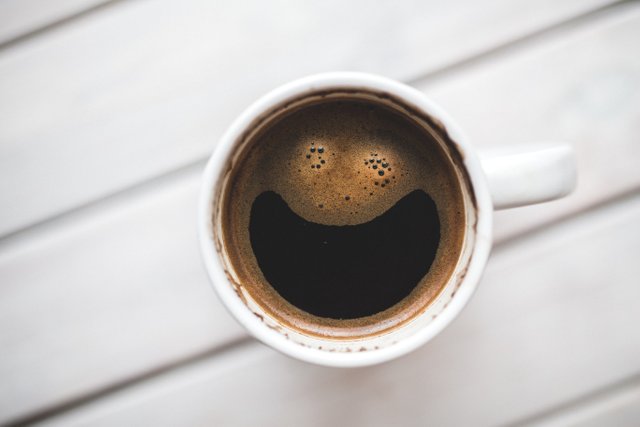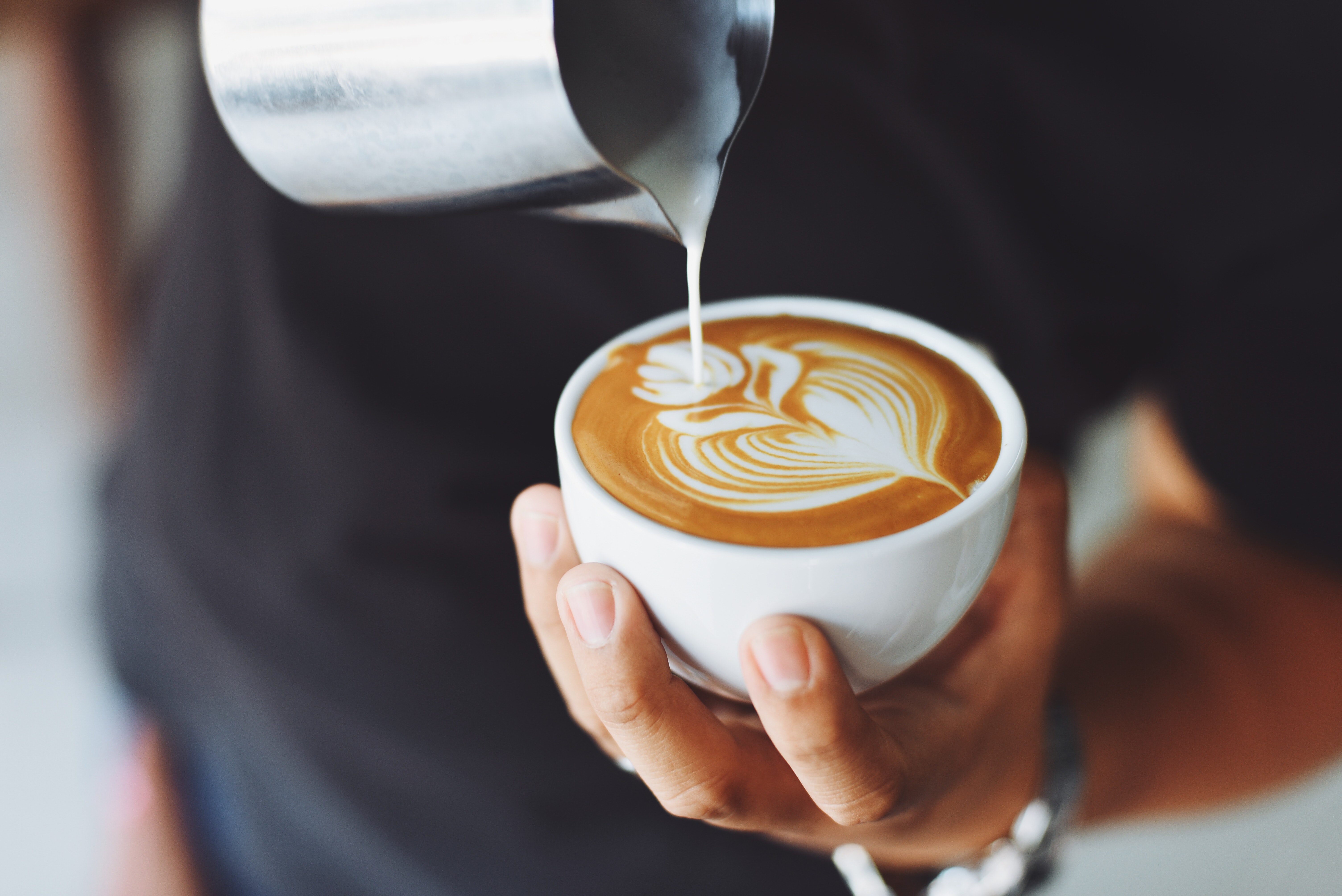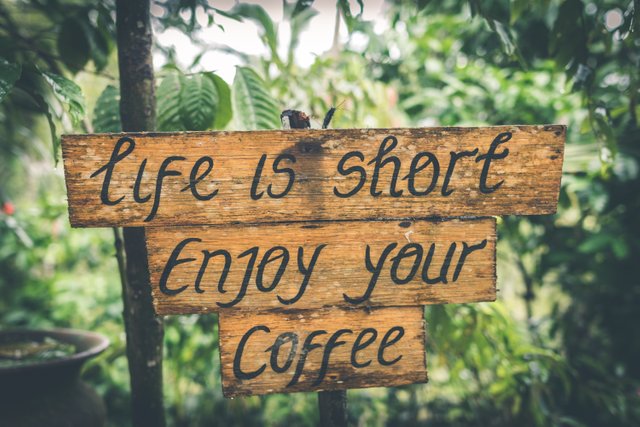Coffee reduces anxiety
Coffee has been discouraged for restless and anxious people for years. Is it right? Not necesarily: recent research indicates that coffee prevents panic attacks, anxiety, and also counteracts depression. So - time for coffee!

Research on the impact of coffee shows that this adored by millions of drink gives many health benefits - drinking coffee in moderation reduces, among others the risk of developing various types of cancer or the risk of heart attack. However, over the years, due to its stimulating properties, it is revived for restless and anxious people. Is it right?
- Caffeine contained in coffee may reduce the risk of panic attacks, unjustified fears. It increases the dopamine uptake in the prefrontal cortex - an important area in the regulation of mood and in the amygdala area - important in the regulation of anxiety - said Dr. Peter Bongiorno, director of InnerSource Natural Health and Acupuncture. Studies of depressive people also showed that drinking coffee is indicated for them.
A 10-year reaserch on "Coffee, caffeine and risk of depression among women" showed that women who drink a few coffees a day are less at risk of getting depressed from women who do not drink coffee. - Remember that coffee is not a remedy for all mood problems and will not help everyone - says Dr. Bongiorno.
Drinking coffee can not be overdone: a daily dose of more than eight cups can be dangerous to health - coffee raises pressure, but also flushes out of the body magnesium, which is an important component of neurotransmitters in the brain.

Finally, a small test: are you a caffeineholic? The addicted on caffeine has been included in the international statistical classification of diseases and health problems (ICD-10). Check, therefore, whether you are addicted (for each answer "YES" admit one point):
• Do you consume caffeinated drinks every day?
• Do you feel uncomfortable if you have not taken the dose of caffeine on a given day?
• Do you take caffeinated tablets if you can not reach for a drink containing this substance?
• Do you drink over 4 cups of coffee a day?
• Do you limit the amount of sleep and instead use caffeinated beverages?
• Are you irritable / irritable if you have not taken the morning dose of caffeine?
• Does the current dose of caffeine no longer give you energy, but rather makes you feel normal?
• Do you spend over 20$ a week on caffeine products?
• When planning a day, do you think first of all when you drink more caffeinated beverages?
• Do you consume more caffeinated beverages than plain water?
Results
9-10 points: You are addicted / addicted to caffeine so much that giving up caffeinated beverages can cause withdrawal symptoms. Consider a gradual reduction in their intake and ... visit to a specialist. Your lifestyle is dangerous to your health.
7-8 points: You are addicted / addicted to caffeine, you need it to function normally. Gradually reduce the dose of the substance being taken.
5-6 points: You are moderately addicted / addicted to caffeine.
3-4 points: You could easily break off with caffeine and after a few days feel normal without it.
1-2 points: You do not have the symptoms of caffeine addiction.

Tell me your results :)
If you enjoyed this post, follow me @quilath